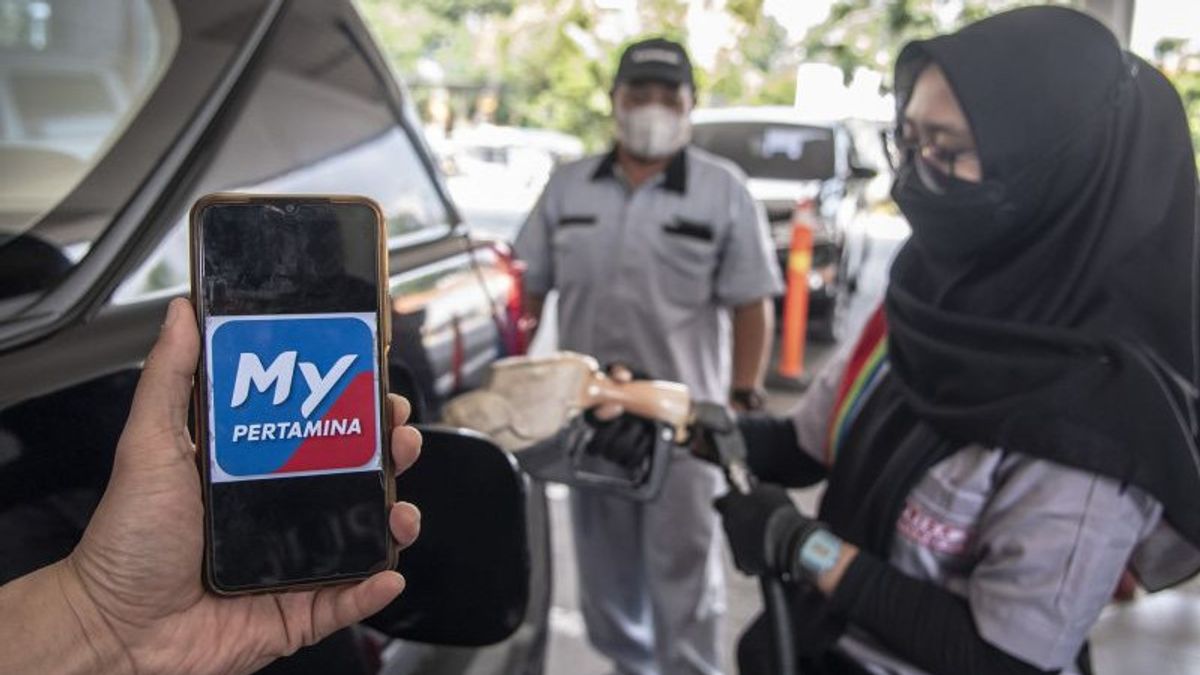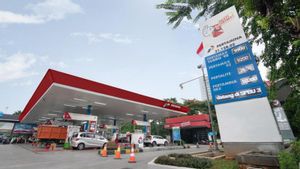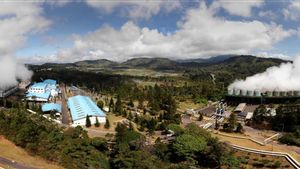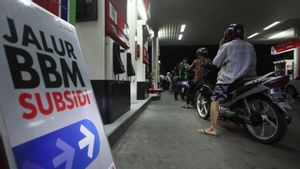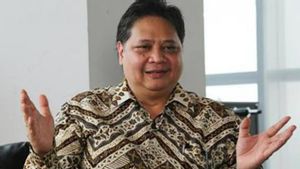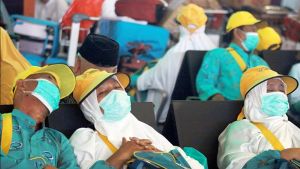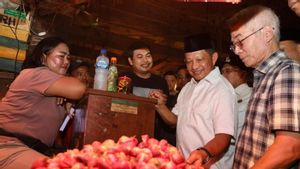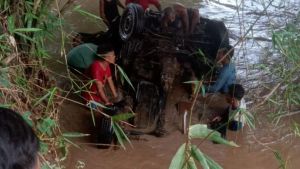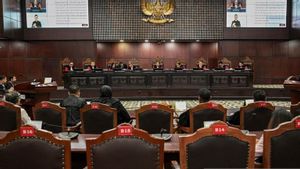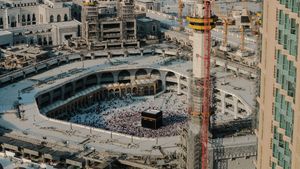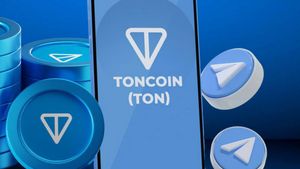JAKARTA - Economic observer Bayu Bagas Hapsoro considers that the policy of purchasing biodiesel using the QR Code, which has been fully implemented, is quite effective in suppressing irregularities.
"From a technology standpoint, we appreciate the efforts to verify and validate consumers who are entitled to subsidized fuel," he said as quoted by Antara, Thursday, May 19.
According to him, the use of the QR Code will also facilitate the mapping and monitoring of fuel needs in regions, for example there are areas that experience shortages, or even have surpluses.
He reminded that the government and Pertamina must ensure the security of customer data that has registered, either through the My Pertamina application, website, or coming directly to public refueling stations (SPBU).
He emphasized that the security of Pertamina's customer data is important, considering that there is sensitive customer data that could be misused if a data leak occurs.
"When registering, there is data on STNK, KTP, and so on. So it must be properly guarded so that it doesn't leak. Moreover, data security is still a serious concern," he warned.
Apart from that, he said, the government must also supervise the misuse of the QR Code in the field, for example there are those who use the QR via their cell phones, but print it on paper.
"This can be used by other vehicles, and can be sold on the 'black market'. In theory, there must be 20 percent who refuse to change a policy. For this reason, education and outreach are important to continue," he concluded.
Meanwhile, Deputy Chairperson of the Indonesian Truck Entrepreneurs Association (Aptrindo) for Central Java and the Special Region of Yogyakarta, Bambang Widjanarko, said that luxury vehicles are still found in the field buying subsidized diesel using a QR code.
"In the field there are still Pajero cars, new Innovas, which buy subsidized diesel. However, trucks have difficulty getting diesel," he said.
He admitted that not all Aptrindo members had registered to get the QR Code.
If the use of the application is not optimal, he said, the government should not need to limit purchases, but can raise prices reasonably so that the subsidy burden for diesel fuel is not too heavy and entrepreneurs also get guaranteed fuel availability.
After the implementation of the Precise Subsidy Full Cycle Trial held in July 2022, Pertamina Patra Niaga Central Java Region has started implementing the Precise Subsidized Fuel transaction with the Subsidized Biosolar Full Registrant Scheme in 26 cities/districts in Central Java as of Thursday (18/5).
The 26 regions are Banjarnegara, Banyumas, Batang, Blora, Brebes, Cilacap, Demak, Grobogan, Jepara, Kebumen, Kendal, Kudus, Pati, City and Regency of Pekalongan, Pemalang, Purbalingga, Purworejo, Rembang, Salatiga, City and Regency. Semarang, City and District of Tegal, Temanggung, and Wonosobo.
For nine other cities in Central Java, namely Boyolali, Karanganyar, Klaten, City and Regencies of Magelang, Sragen, Sukoharjo, Surakarta, and Wonogiri, as well as DIY will begin implementation on June 1, 2023.
SEE ALSO:
Area Manager Communication Relations & CSR for the Central Java Region, Brasto Galih Nugroho explained that the Subsidized Biosolar Full Registrant scheme is a scheme in which only registered consumer vehicles can purchase subsidized biodiesel, while those that have not been registered cannot be serviced.
However, he said, leeway was still given to subsidized biodiesel consumers who had registered but did not bring a QR Code in the first two weeks of Full Registration implementation in the city/district.
"However, two weeks after the implementation of Full Registration, purchases of subsidized biodiesel at gas stations must show a QR Code, either printed or 'soft copy'," he said.
The English, Chinese, Japanese, Arabic, and French versions are automatically generated by the AI. So there may still be inaccuracies in translating, please always see Indonesian as our main language. (system supported by DigitalSiber.id)
